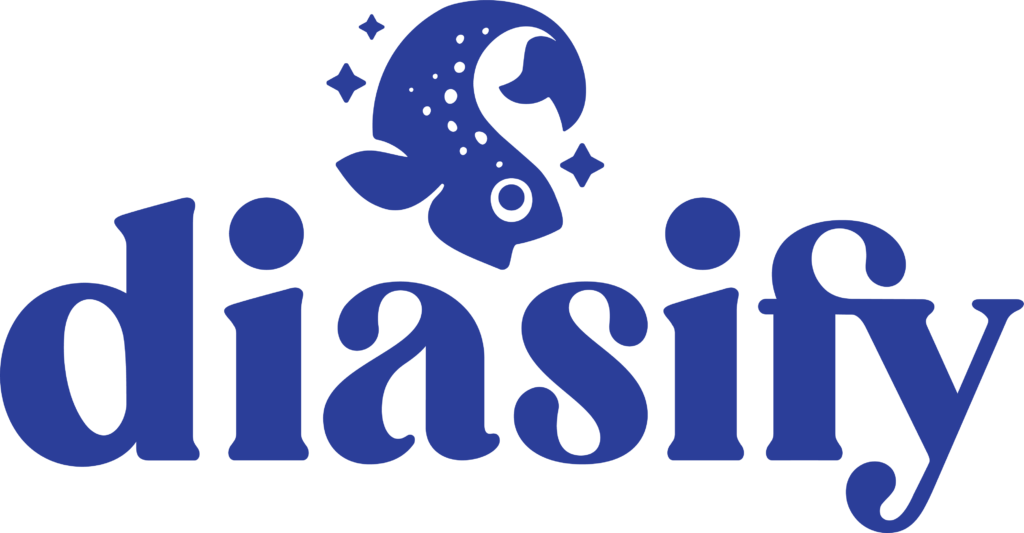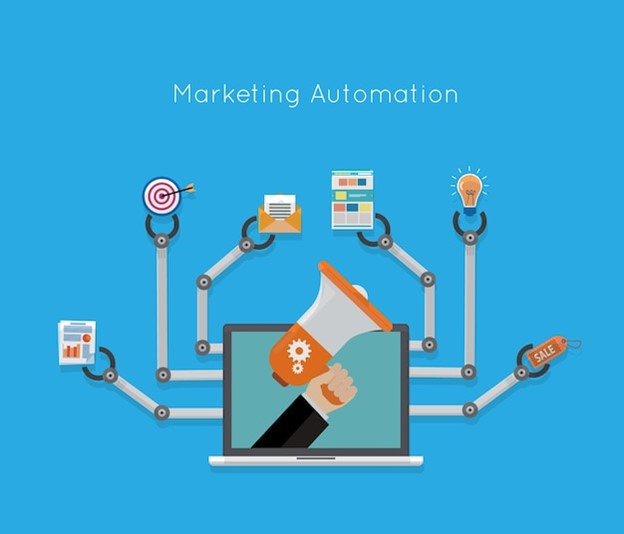Staying ahead of the competition in today’s digitally driven environment frequently involves simplifying your marketing activities. One method to accomplish this is to make good use of affordable marketing automation tools. These adaptable solutions have transformed the way organizations interact with their customers, raise brand recognition, and improve overall marketing efficiency. In this article, we’ll dig into the realm of marketing automation, learning what it comprises and what important aspects distinguish a great marketing automation program.
Understanding Marketing Automation
Before we delve into the intricacies of affordable marketing automation tools, let’s first learn the concept of marketing automation itself. From sending welcome emails to follow-up messages, marketing automation tools can automate email campaigns, nurturing leads and fostering customer relationships.
By assigning scores to leads based on their interactions with your content and website, these tools help identify the most promising prospects. Effective marketing automation tools can deliver personalized content and recommendations, enhancing the customer experience. Detailed insights into campaign performance enable data-driven decision-making, optimizing marketing efforts for better results.
What Makes Automation Tools the Best?
There are some important differences between a standard automation product and the best in class. The tool’s ability to easily integrate with an organization’s current environment is crucial. The best automation solutions function like well-oiled gears in a bigger machine, seamlessly interacting with other software and systems, ensuring data flows smoothly, and enabling a cohesive marketing strategy.
Beyond ease of use, the best automation tools are scalable, adapting to an organization’s growth trajectory. They don’t just meet current needs but also anticipate future requirements, preventing the need for costly migrations down the road.
Furthermore, they empower marketers with advanced automation capabilities, from behavior-triggered actions to personalized customer experiences. These tools go beyond mere convenience; they’re a strategic asset that helps businesses nurture leads, optimize campaigns, and drive results.
Comprehensive analytics and reporting are another hallmark of the best automation tools. They offer in-depth insights into campaign performance, enabling data-driven decision-making and continuous improvement.
Lastly, these tools come with robust customer support and training resources, recognizing that technology is only as good as the support behind it. All of these factors come together to make the best automation tools indispensable assets for any modern marketing endeavor, enhancing efficiency, personalization, and overall success.
Reasons to Choose Market Automation Tools?
1. Enhance Efficiency and Reduce Costs
Time is money, and this is especially true in the realm of marketing. Manual marketing duties like sending emails, maintaining social media campaigns, and evaluating data can take a long time. However, marketing automation solutions may help you save a tremendous amount of time and money. Automation allows you to schedule and execute repetitive marketing activities without the need for constant human intervention. This means your team can focus on more strategic tasks while the software takes care of the routine work. By automating these processes, you’ll not only increase efficiency but also reduce labor costs.
2. Optimize Budget Allocation
Effective budget allocation is essential for any business to maximise its marketing efforts. Marketing automation tools provide valuable insights into the performance of your various marketing channels and campaigns. By analyzing data on the effectiveness of different strategies, you can allocate your budget more efficiently.
3. Maintain Consistency with Branding
Maintaining a consistent brand image is crucial for building trust and recognition among your audience. Marketing automation tools can help you ensure that your messaging, tone, and visual elements remain consistent across all channels and touchpoints.
4. Facilitate Cross-Departmental Collaboration
A unified marketing plan requires collaboration amongst several divisions inside your firm. Marketing automation systems give a single platform for teams to easily interact. By allowing cross-departmental communication and data exchange, these solutions break down boundaries and encourage a more integrated approach to marketing.
How do you Select the Right Tool for your Company?
It may be challenging to choose the finest marketing automation system for your organization. It must not only be within your budget, but it must also meet your unique company requirements. In this tutorial, we’ll go over the essential criteria to consider while looking for affordable marketing automation tools for your business.
Assess Integration Capabilities
The first step in choosing the perfect marketing automation tool is to assess its integration capabilities. Your chosen tool should seamlessly connect with your existing software and systems. This includes your CRM (Customer Relationship Management), email marketing platforms, and any other tools crucial to your business operations.
To ensure a smooth workflow, list down all the tools you currently use and prioritize integration compatibility when researching potential automation solutions. This will save you the hassle of dealing with data silos and inefficient processes down the line.
Weigh Your Budget and Business Needs
Smaller businesses may find more value in budget-friendly options, while larger enterprises might require more comprehensive, albeit pricier, solutions. It’s crucial to strike a balance between cost and functionality to ensure you’re getting the most value for your investment.
Evaluate Reporting Options
Effective marketing automation relies on accurate data analysis. To measure your marketing efforts’ success, your chosen tool must provide robust reporting options. This includes tracking key performance indicators (KPIs), such as email open rates, click-through rates, conversion rates, and customer engagement metrics.
Before making a decision, assess the reporting capabilities of potential automation tools. Ensure they offer customizable dashboards and in-depth analytics to help you make informed decisions and refine your marketing strategies.
Consider User-Friendliness
The ease of use of a marketing automation tool can significantly impact your team’s productivity. A complex interface can lead to a steep learning curve, resulting in wasted time and resources. Therefore, it’s essential to examine different software options for their user-friendliness.
Opt for solutions that provide intuitive interfaces and comprehensive training resources. This will empower your team to leverage the tool efficiently and minimize the learning curve, ultimately maximizing its benefits.
Explore All-in-One Solutions
Finally, consider all-in-one marketing automation platforms. These solutions encompass a wide range of marketing functionalities in a single tool. Email marketing, lead creation, social media management, and client segmentation are common elements of all-in-one marketing automation systems, providing a holistic solution for firms wishing to combine their marketing efforts.
In conclusion, affordable marketing automation tools offer numerous benefits that can help businesses of all sizes save time, cut costs, enhance targeting capabilities, allocate budgets wisely, maintain brand consistency, and foster collaboration across departments. When considering these advantages in conjunction with cost-effective solutions, it becomes clear why marketing automation is an invaluable asset in today’s competitive business landscape.



